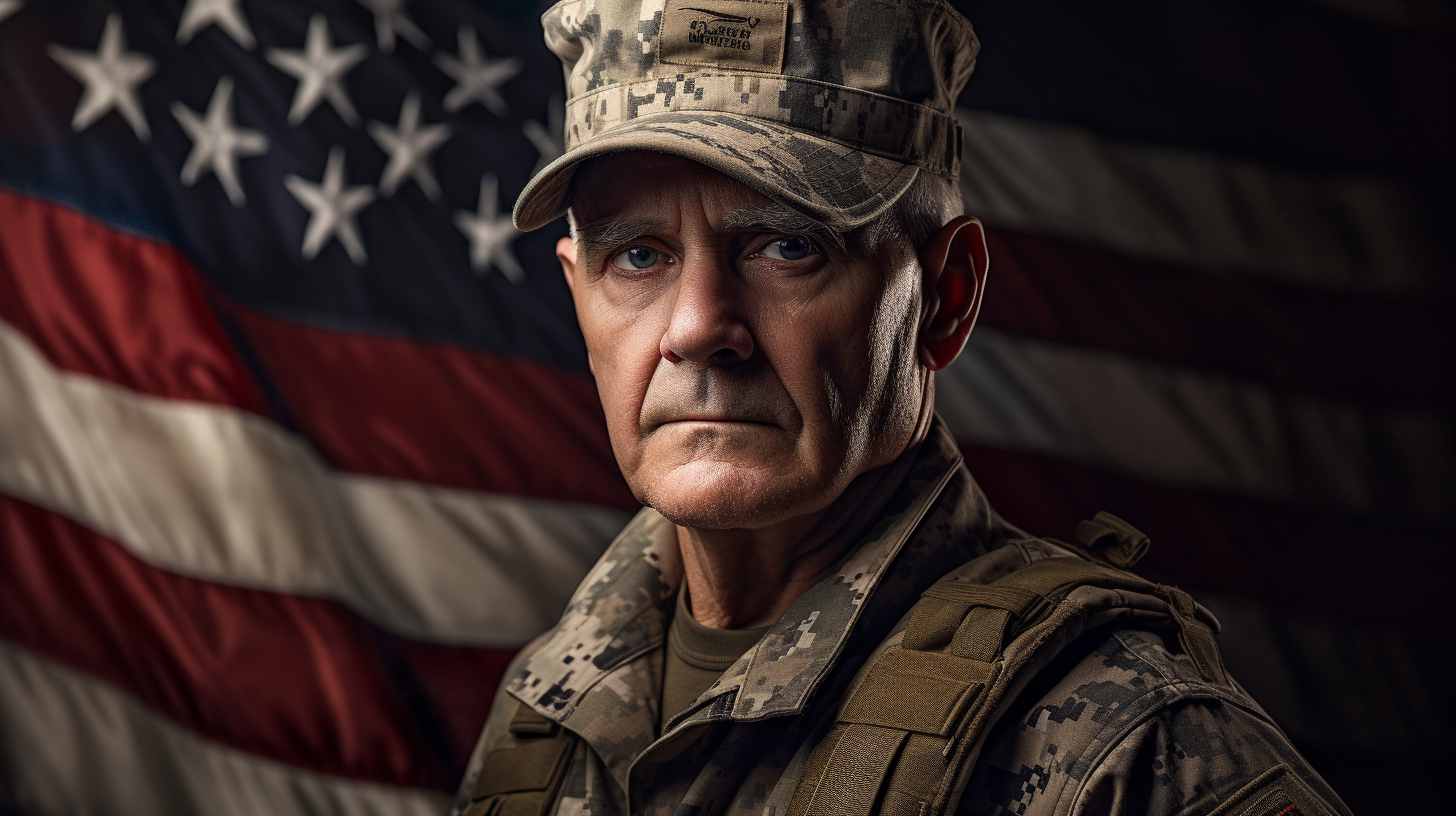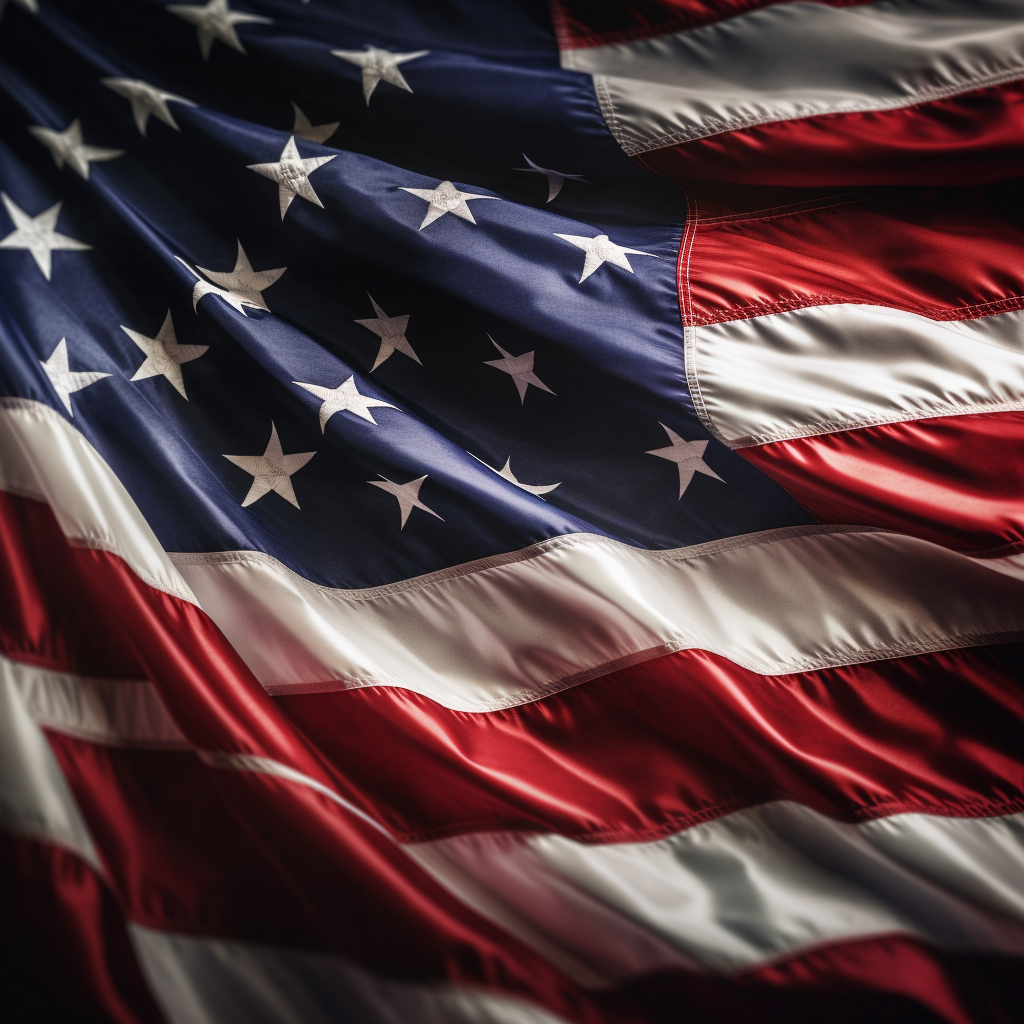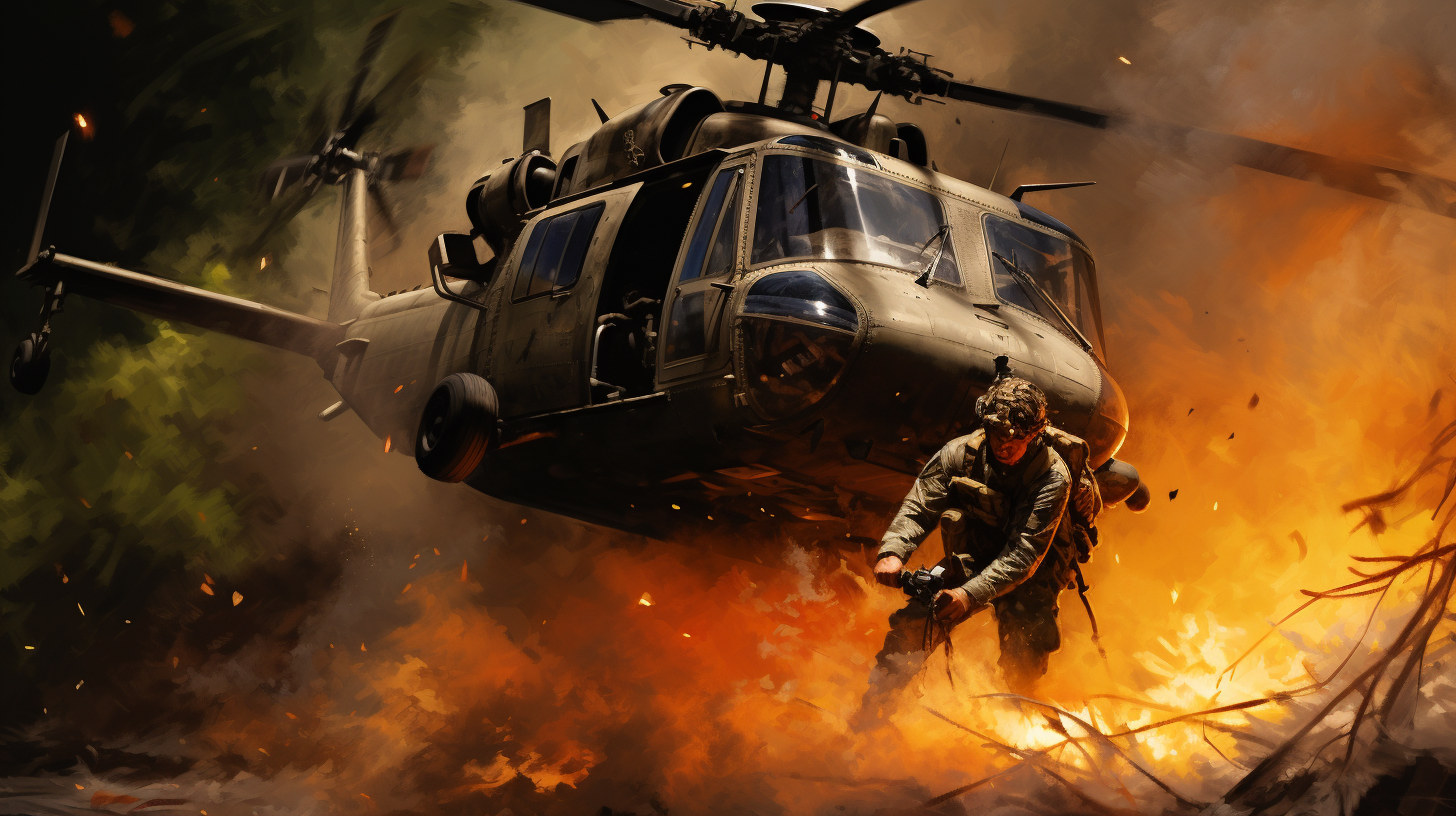
Colin Powell

HOW COLIN POWELL RESCUED A WWII MEDAL OF HONOR RECIPIENT FROM A HELICOPTER CRASH IN VIETNAM
Colin Powell already had one tour in Vietnam and a Purple Heart under his belt when he arrived in 1968 at Duc Pho — a Viet Cong stronghold in South Vietnam. A proven combat leader, Powell had led counterinsurgency operations against North Vietnamese soldiers near the Laotian border just five years earlier. During that tour, Powell was evacuated from the war zone after stepping on a punji-stick boobytrap.
It was during Powell’s second tour in Vietnam — and while serving in a noncombat-related role — that the 31-year-old Army major, who was already revered by his soldiers for his courage and straightforward leadership style, proved his courage in legendary fashion.
On Nov. 16, 1968, Powell accompanied Maj. Gen. Charles M. Gettys by helicopter to inspect 29 captured North Vietnamese Army base camps. Gettys was the commanding officer of 3rd Battalion, 1st Infantry Regiment, 11th Infantry Brigade, 23rd Infantry Division.
On that day, a four-man crew was inside the UH-1H Iroquois helicopter — a Vietnam-era workhorse colloquially known as the “Huey.” The entourage included Gettys’ chief of staff, Col. Jack Treadwell. Treadwell had received the Medal of Honor during World War II for single-handedly capturing six pillboxes and taking 18 prisoners during ferocious fighting along the Siegfried Line in Germany.
“We spotted a smoke grenade signaling the site of the hole chopped out of the heavy growth and headed for it,” Powell wrote in his 1995 autobiography, My American Journey. “The pilot began his approach to the landing site, realized he was coming in too fast, backed off, and came at it again.”
On the second pass, the pilot hovered and began his descent. Tree branches and leaves swirled through the air, and from his vantage point sitting outboard on the helicopter, Powell screamed at the pilot to abandon the descent.
“At the height of about three stories, the blade struck a tree trunk,” Powell writes. “One minute we were flying and the next we were dead weight, as the main rotor blades went instantly from 324 rpm to zero. The helo dropped like an elevator with a snapped cable.”
Powell immediately assumed his crash posture — head down with his arms wrapped around his knees. Once the Huey had smashed its way through the trees down to the jungle floor, Powell scrambled away from the wreckage alongside the chopper’s door gunner, Pfc. Bob Pyle.
Pyle and Powell soon found themselves alone; the remaining crew members remained trapped inside the Huey. The pair returned to the wreckage, and while Pyle attempted to pry open the pilot’s door, Powell used his hands to create an opening and climbed into the helicopter’s cabin where he found Gettys, who was barely conscious. Powell unbuckled the general’s seatbelt and dragged him out of the helicopter.

Next, Powell found Treadwell and pulled the World War II hero out of the wreckage. With Treadwell in safe hands, Powell climbed again into the wreckage; he heard the pilot moan as Pyle struggled to free him.
“Ron Tumelson, the general’s aide, was slumped over, his head trapped between the radio console and the engine, which had smashed through the fuselage as if it were an eggshell,” Powell writes. “Tumelson was covered with blood. I saw no sign of life and was sure he was dead.”
While inspecting the dent on Tumelson’s helmet, Powell heard the man groan. Powell sprang to action, grabbed Tumelson, and dragged him to safety. By then, other US Army helicopters were buzzing overhead. They ultimately backed off enough to allow medical evacuation helicopters to swoop in and rescue the wounded.
No US soldiers died during the harrowing ordeal. Because the accident wasn’t the result of enemy action, Powell was awarded the Soldier’s Medal, an award that recognizes heroism in noncombat-related circumstances.
Powell suffered lacerations, bruises, and a broken ankle, which ultimately took seven years to heal. He was awarded his second Purple Heart and continued to serve with the US Army until retiring in 1993 after 35 years of military service. Powell, 84, died Monday, Oct. 18.



